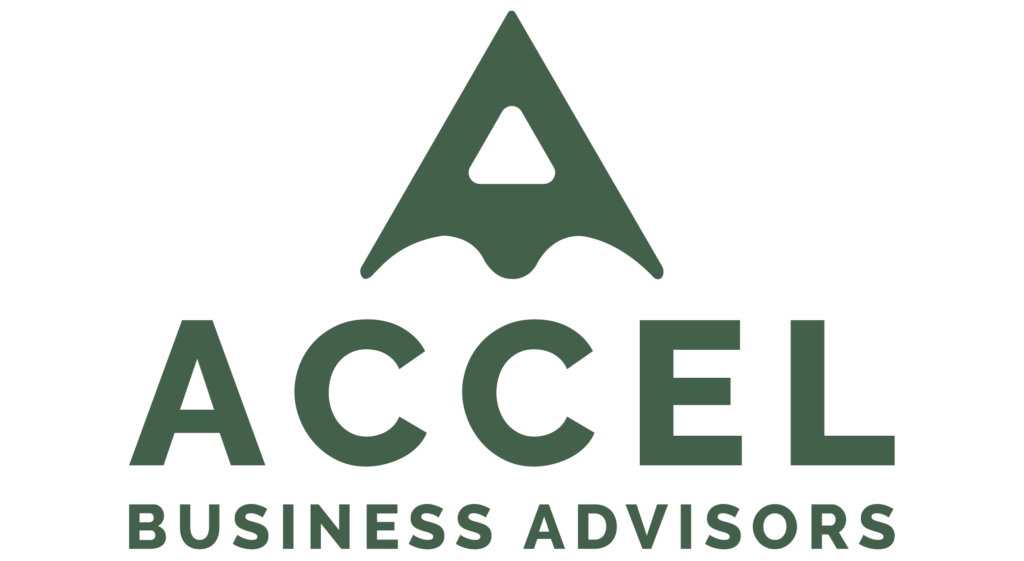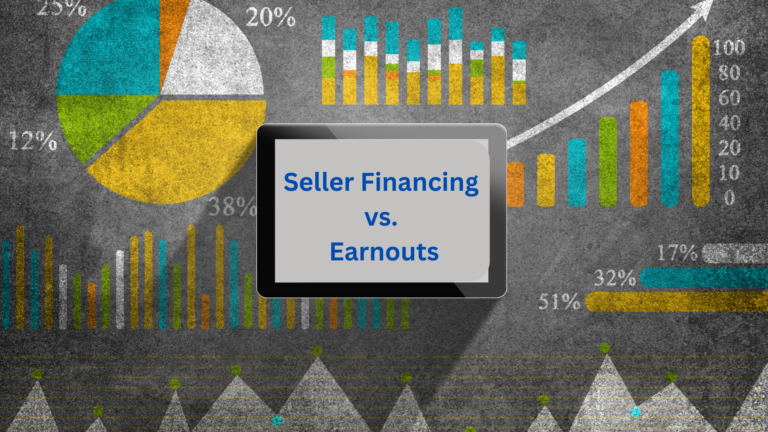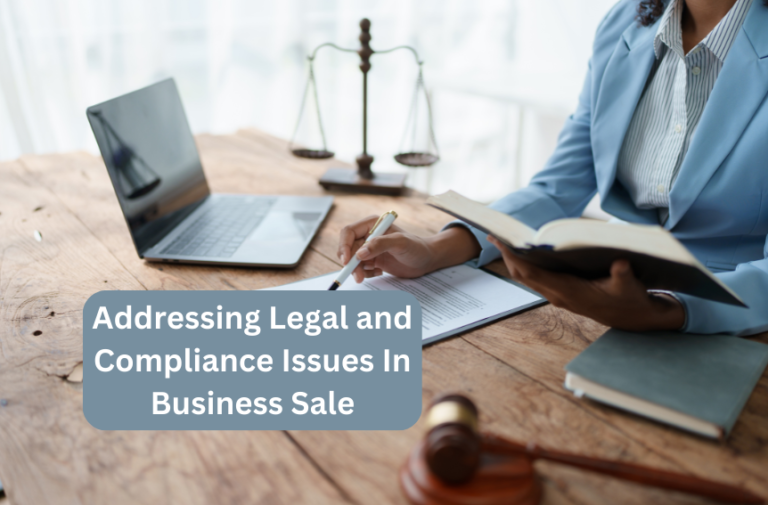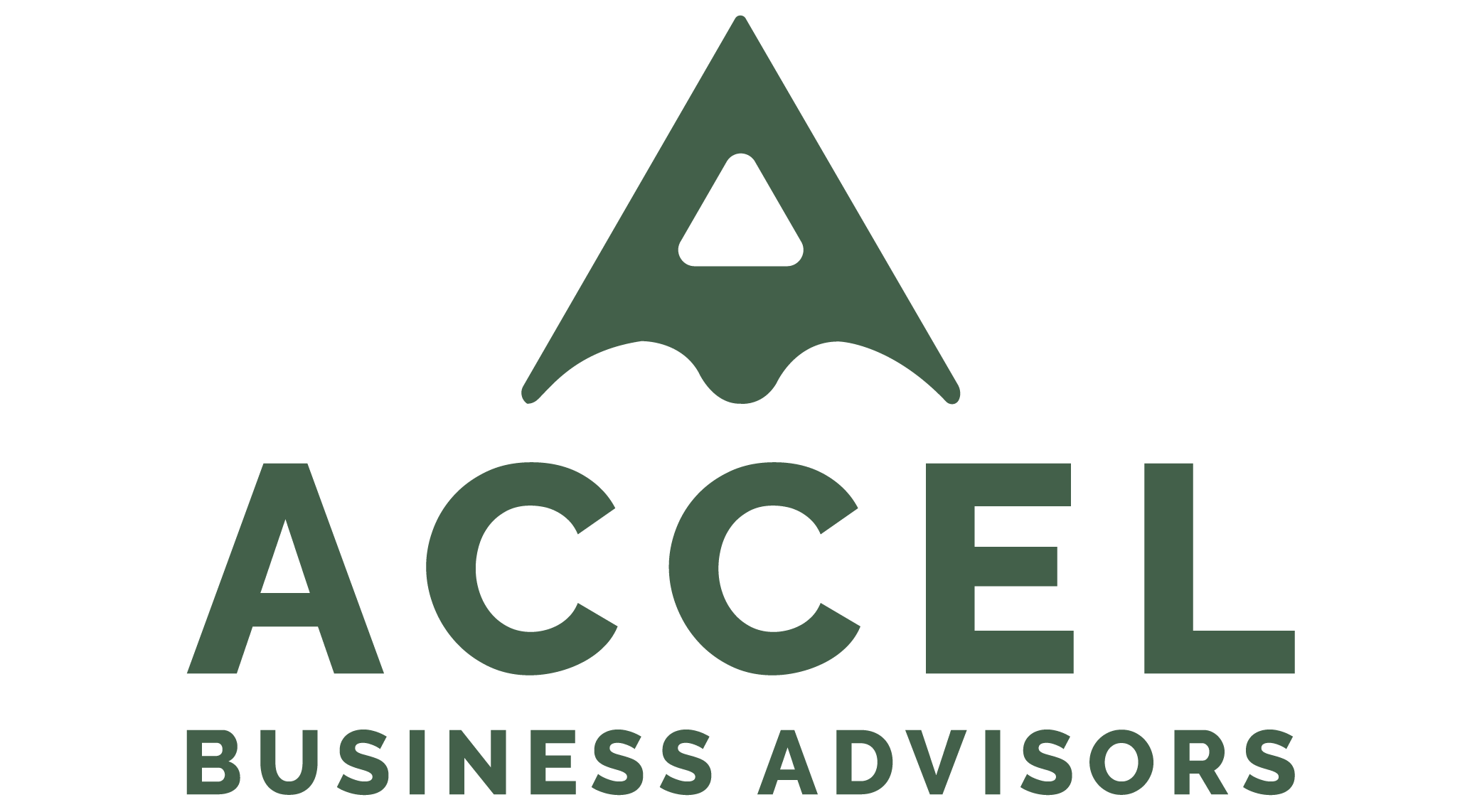10 Questions to Ask Every Acquisition Target
70% to 90% of all acquisitions fail to achieve the results acquirers want. Why? Most often, failure is directly tied to the integration plan and frequently, to diligence that wasn’t quite as effective as it could be.
According to a 2015 industry study by McKinsey & Company, companies with the best M&A results have strong capabilities in post-close integration. We’ve found that high performing M&A firms use the diligence exercise to gain critical insight into the target company, its management, key employees, its culture, and its customer relationships. They take a hard look at not only the financial numbers, but at the intangible assets that drive a company’s success plan. Most importantly, they have tools and processes to statistically document the value of the intangible and help them see into the future. They start building relationships with the potential target throughout the due diligence process, months before close.
In every case, the expectation post-close is that the value of the deal will increase. So how do you predict future success? Here are ten questions our highest performing clients ask every potential acquisition:
1. How closely aligned is the target company to its customers, and specifically to customers’ needs and expectations?
2. Who are the target company’s best customers (those who buy the most)? How do those customers perceive the company’s strengths and areas for improvement?
3. What are the industry’s key attributes, why a customer selects one company to do business with over another — and how does the target company perform against those attributes?
4. What is the customer concentration? Is it good for the long-term? How much of the business’ revenues are controlled by only a select few? Is there still more growth to be had from these few customers? If so, how?
5. What is the company’s share of wallet by customer (not just market share)?
6. What are customers’ perspectives on industry competition and how the target company compares?
7. What unmet or underserved needs do customers have, not only from the target company but from the industry? Where are the opportunities that have not been capitalized on?
8. What is the cultural fit (if a bolt-on) or the cultural opportunity (if structuring a new platform)? How hard will it be for existing management and staff to execute a future roadmap that is both operationally-oriented and customer-centric?
9. What are the priorities and action plan post-close? (The acquirer and acquired should collaborate on this plan before the deal is closed.)
10. Where are the starting points? This enables acquirers to determine what the impact the acquisition has on overall performance. To do this, an acquirer should measure not only the synergistic savings and revenue Increases, but also how much improvement there is in customer loyalty, satisfaction, and share of wallet.















